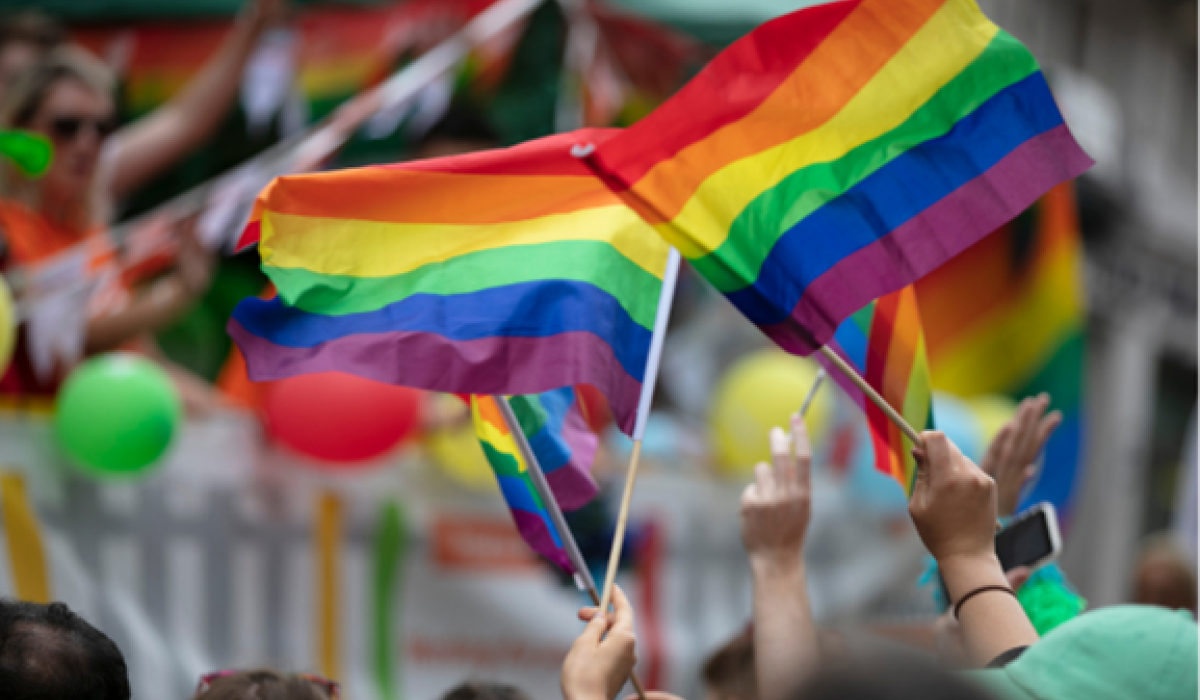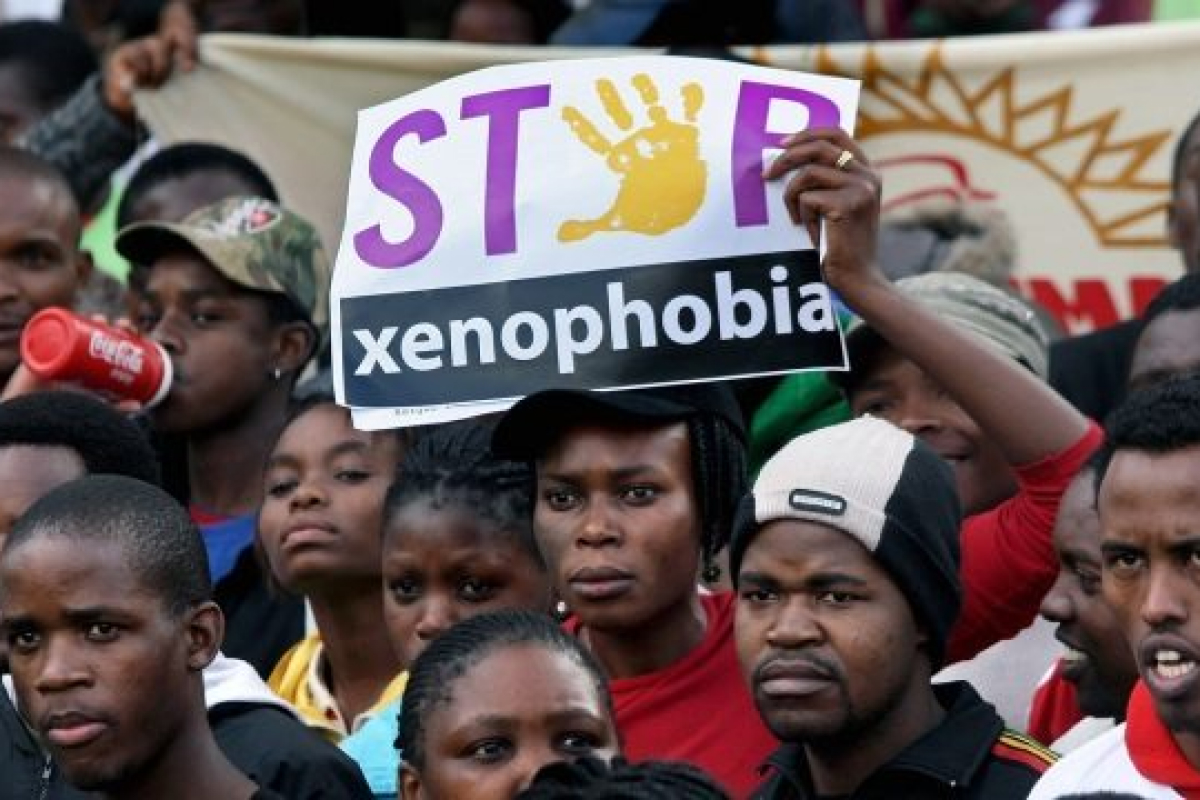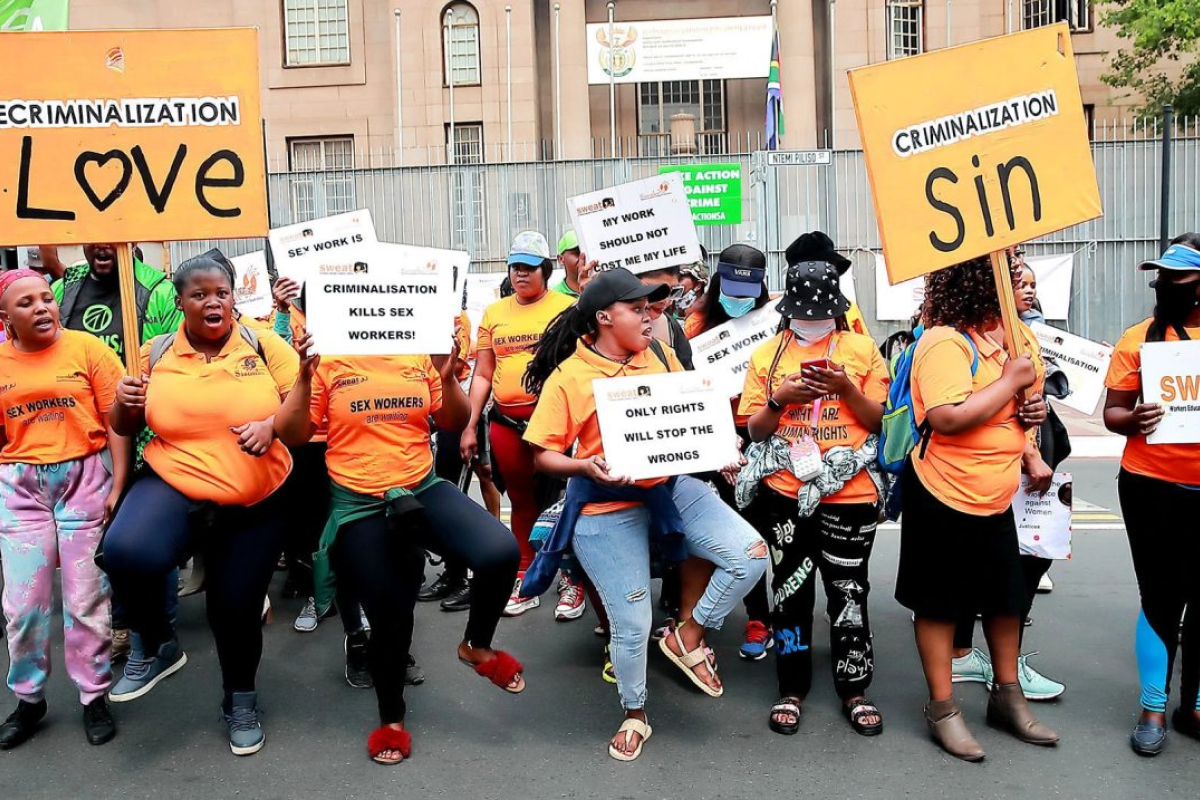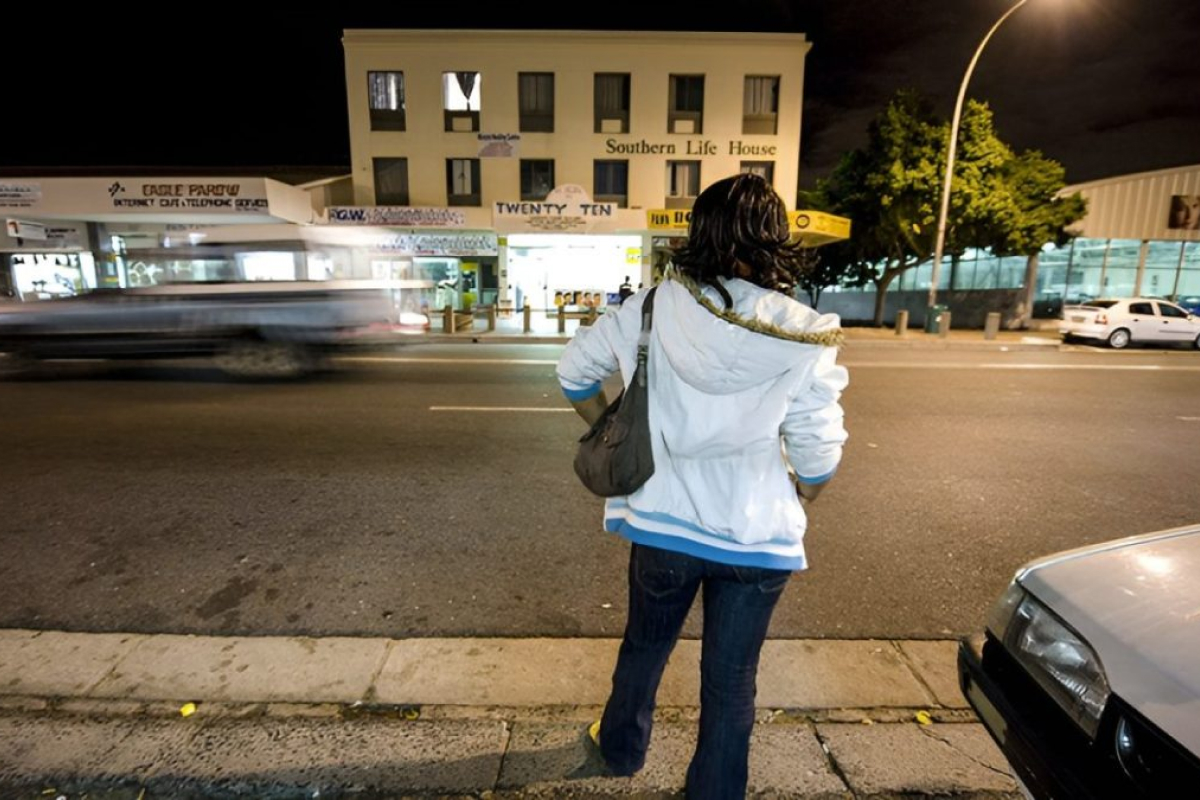Before Trump’s unimaginable victory captured the headlines, a lesser controversy brewed over Bono of U2 fame. Glamour magazine presented him with one of its annual “Women of the Year” awards. Some responses were scandalised. Australian feminist Clementine Ford sternly noted that “feminism is not obliged to make room for men”. She noted her feeling embarrassed by it. Why? “To see yet another women-led event be overcome by the urge to hand the reigns of feminist leadership back to men”.
All this palaver might induce one to ask a few questions. What does this controversy tell us about relationships between men and women in 2016? Who should be doing what about gender equality? And, more specifically, what does it mean for “The 16 Days of Activism for No Violence Against Women and Children” that kicks off on 25 November?
A worthwhile starting point is to get the facts straight. Bono won Glamour’s first Man of the Year Award – not Woman of the Year. To those invested in the essentialia of gender, this is an important difference. Bono received this nod for his ‘Poverty is Sexist’ campaign. This has done a lot of good. It has raised awareness about how gender inequalities play out within poverty. It emphasises the rights of women and girls, empowerment and education. And it works towards the goal of raising every women and girl out of poverty by 2030. It has leveraged support from a wide range of popular culture and political leaders and encourages its mainly middle-class audience in well-resourced countries to think critically about global inequalities and how they could play a role in reducing them.
Who cannot think a campaign like this should be supported and celebrated – not pooh-poohed? Nor should we make the wrong-headed claim that by celebrating one man’s contribution to gender equality, we diminish women’s power.
But some people do hold just these views. Ford is not alone. Some strands of feminism are just about man-unfriendly. They are adamant that men should never call themselves feminists. This is because of their privileged position within the gender hierarchy. And that it prevents them from truly and fully understanding the oppression of patriarchy.
I am not convinced by this reasoning. I support a concept of feminism that is less insular, and more proactive. Listen to the African-American feminist bell hooks. She argues, simply, that “feminism is a movement to end sexism, sexist exploitation, and oppression”. Straight-forward. Gender-neutral. Forward-thinking. Man-inclusive.
I hold a job at an organisation that supports these goals, and works explicitly towards gender equality. Sonke Gender Justice was founded ten years ago. Its initial focus was on working with men and boys to challenge harmful gender stereotypes, and its particular concern was violent masculinities.
This philosophy and approach remains firmly grounded in feminist principles. Sonke’s work has had a wide-ranging impact. It has, I believe, influenced public debate, public perceptions and the way men and women relate to each other. We can even plausibly claim it has reduced gender-based violence in communities. These claims have been tested and tried by rigorous research.
Sonke has grown steadily over the years. It has expanded its mandate to include work with women and girls, and is immersed in advocacy and policy-formation. The staff and management composition has changed. First it was mainly men. Then there was gender parity. Now we are dominated by women. Yet some persist in claiming – in the face of the simple facts – that Sonke is a ‘men’s organisation’. They say it should have a narrowly prescribed role within the gender sector.
I was surprised at the doggedness with which some (female) feminists have resisted collaboration with Sonke. This, even where partnership and cooperation would strengthen a collective response.
Take an example. Earlier this year, one of my colleagues received an invitation to a solidarity event for gender-based violence (GBV) activists who are female or identified as female. When she RSVPed, the organiser strongly encouraged her not to attend. Why? Because she was from a ‘men’s organisation’. Her presence would have ‘compromised the space’.
It did not seem to matter that she is a woman. Nor that she had worked on GBV for years. Not even that she would have benefitted from the support of other activists.
“Could do with more solidarity there,” I thought, shaking my head regretfully while we gave each other a consoling hug.
That’s a small instance. But it shows how a rigid and exclusive view of a “true” gender approach can be exclusionary, hurtful and unproductive. Equality is not attainable only brought about by women. This approach is deeply troubling. Gender equality, by definition, suggests active participation of all genders. More challengingly, it also entails radical transformation of the way we view ourselves, and the relationships and power between us.
Gender equality, and stopping GBV, will become more practically attainable when men, women and transgender people embrace feminism. When in concert they tackle sexism. And when, together, they tackle patriarchy head-on.
During this ’16 Days’ period, we all face a sobering truth. There are terrifying levels of GBV in our country. In our communities, our cities, our suburbs, our townships. We do better to face this together, and head-on. We empower ourselves by committing to a principled and gender-inclusive response.
It requires a comprehensive policy that cuts across fields and disciplines and institutions. For this we need a GBV National Strategic Plan.
That demands engaging all genders. This is where collective action is our strength. That way lies the challenging, and tempting, and indispensable task of politicising more men into embracing feminism. More men.








